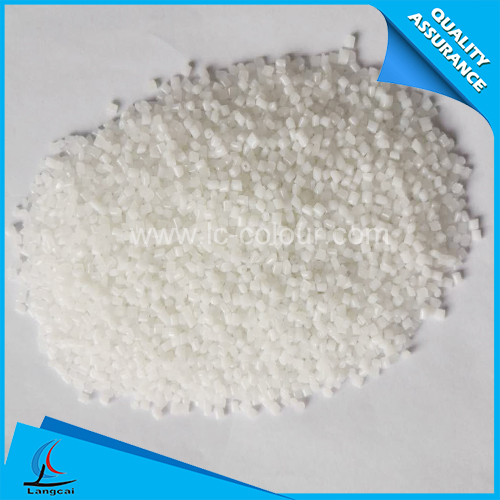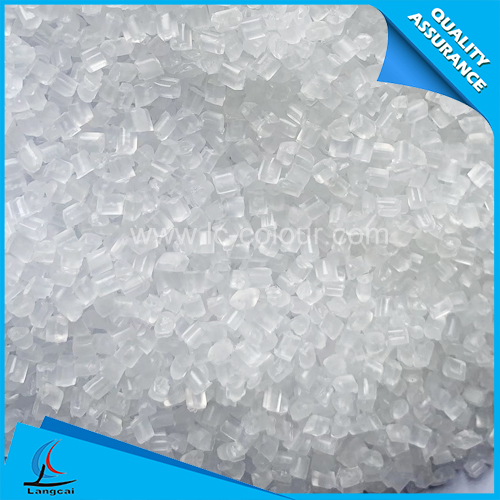- Nonwoven Fabrics
- Tailor Made Masterbatch
- Plastic Masterbatch
- Chemical Fiber Masterbatch
- Functional Masterbatch
- Machinery
- Spunbond PP Nonwoven Masterbatch
- Mono Color Masterbatch
- Liquid Color Masterbatch
- Non-woven Masterbatch
- Polyester Fiber Masterbatch
- Nylon Fiber Masterbatch
- Polypropylene Fiber Masterbatch
- Lab Nonwoven Machine
- Lab BCF Machine
- Dryer
- Filler Masterbatch
- How can the refined cotton industry navigate through the trade fog between China and Japan
- Why choose Mono Color Masterbatches? Three major advantages highlight value!
- The "Symbiotic code" between domestic and overseas markets
- The application advantages of Plastic Masterbatches are remarkable!
- How will the "balanced development of imports and exports" be promoted during the "15th Five-Year Plan" period?
- Why choose Mono Color Masterbatches?
- Phone:00836 - +86-535-8484358
- Email:wendy@ytlc-colour.com
- Address:DALAN INDUSTRIAL PARK, ZHANGXING TOWN, ZHAOYUAN CITY, SHANDONG, CHINA
When the cotton fiber is peeled off from the cottonseed using a cotton gin, a large amount of cotton linter is produced as waste. Currently, most cotton linter are only burned or placed in landfills. However, due to a recent study in Australia, it will soon be converted into biodegradable plastics.
According to Dr. Maryam Naebe of Deakin University, about 32 million tons of cottonseed are produced each year, and about a third of them are discarded. Her team members want to reduce waste while providing farmers with an additional source of income and producing “sustainable alternatives to harmful synthetic plastics”.
This prompted them to develop a system that uses cheap environmentally friendly chemicals to dissolve cotton linter fibers and other waste. The resulting liquid organic polymer was then used to prepare a plastic film, the sample of which is shown below.
The material is biodegradable after being placed on the ground and can be used in cotton growing applications such as baling or packaging of seeds and fertilizers. It may even be part of a full-cycle agricultural process.
“Bioplastics can be biodegraded and turned into soil, then used to grow cotton, produce cottonseed waste during the ginning process, and then reuse it for bioplastics,” Naebe said. Plastic films are reported to be less expensive to manufacture than other similar petroleum-based products.
The study was part of a project led by doctoral candidate Abu Naser Md Ahsanul Haque and associate researcher Dr. Rechana Remadevi. They are now studying the same techniques for organic waste and plant materials such as lemongrass, ***, almond shells, wheat straw, wood sawdust and shavings.
Scientists from the National University of Singapore have recently discovered a use for cotton waste that converts it into insulating and absorbent aerogels....
Zhaoyuan Liangcai Plastic Chemical Fiber Factory specializes in the production of standard single masterbatch, Plastic masterbatch, complex masterbatch, chemical masterbatch, Plastic masterbatch, masterbatch, non-woven testing machine, Plastic masterbatch.
- Why choose Mono Color Masterbatches? Three major advantages highlight value!
- How can the refined cotton industry navigate through the trade fog between China and Japan
- The application advantages of Plastic Masterbatches are remarkable!
- The "Symbiotic code" between domestic and overseas markets
- Why choose Mono Color Masterbatches?
- How will the "balanced development of imports and exports" be promoted during the "15th Fi
- What are the prominent advantages of Plastic Masterbatches?
- The opening ceremony of the 9th China Textile Intangible Cultural Heritage Conference was
- Explore the performance optimization and efficient coloring of Mono Color Masterbatches!
- What pressure does the United States' promotion of US-India trade cooperation bring to Chi


